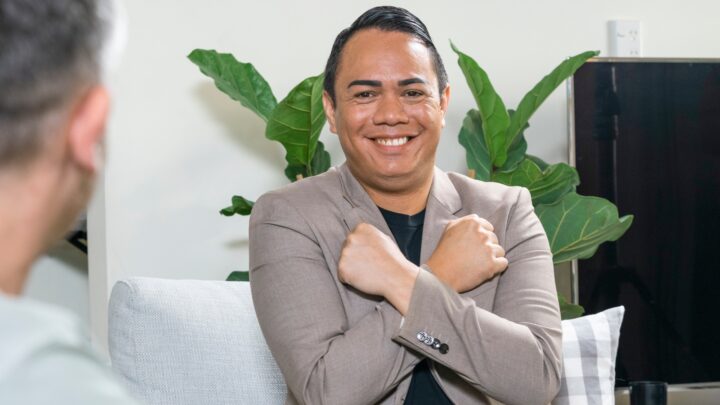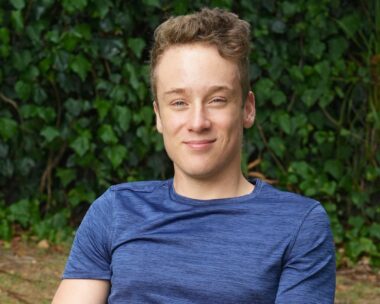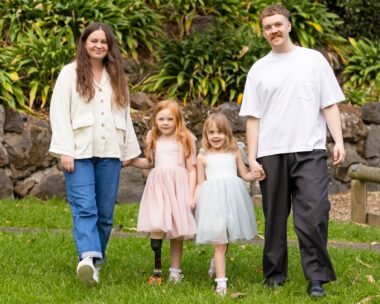If Jon Tai-Rakena wanted to, he could probably write a book about resilience. The 36-year-old has certainly had to overcome a fair share of hurdles. Not only is Jon deaf, but he also suffered sexual abuse and bullying as a child. As a result, he was diagnosed with PTSD, anxiety and depression.
“It’s been a long journey to get to where I am today and to develop a strong sense of self,” admits Jon, who works as a New Zealand Sign Language (NZSL) tutor in Auckland and has recently started studying for a law degree.
The oldest of seven children, Jon lost his hearing after contracting meningitis when he was six months old. Although several family members learned to sign, life was tough for Hamilton-born Jon.
“I didn’t have access to TV or radio because there weren’t as many interpreters available as there are now. I missed out on a lot of information and conversations because I didn’t know what was going on. I’d sit at the dinner table asking what family members were talking about. They would would say, ‘We’ll tell you later,’ but they never did.”
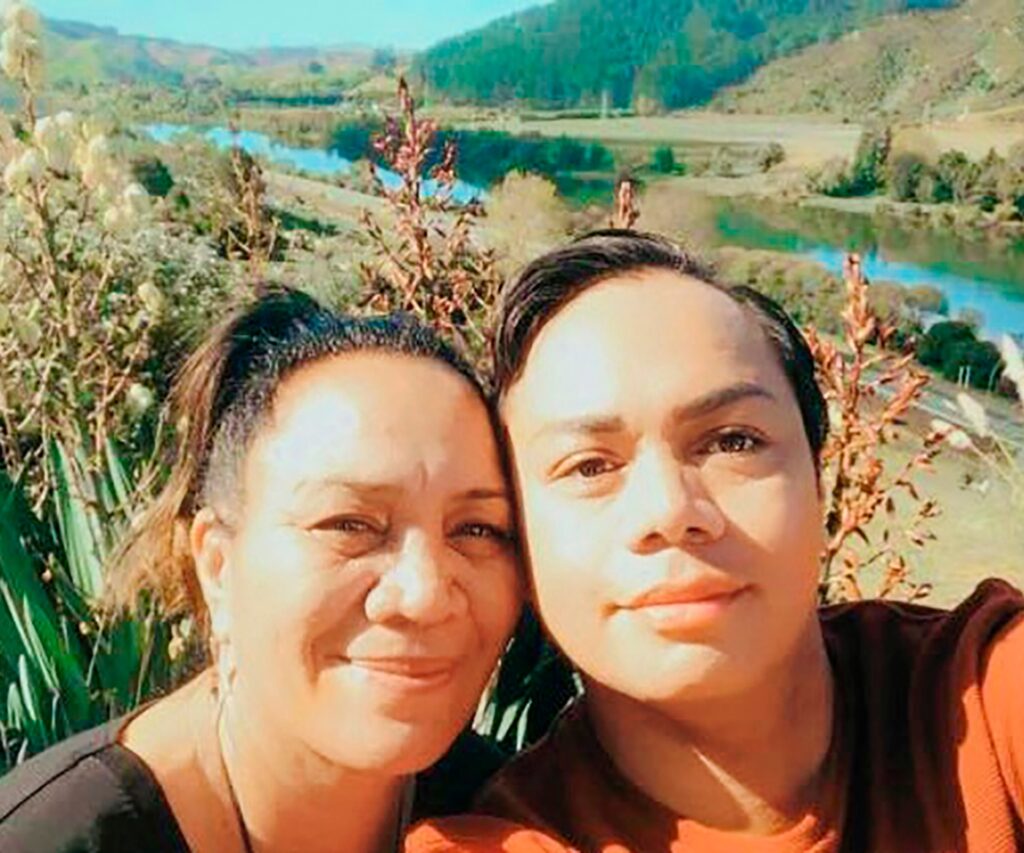
From the age of three, Jon suffered sexual abuse from family members, which led to suicidal thoughts.
“When I was about 13, nothing was going right for me,” he recalls. “Along with the abuse and violence I experienced at home, I was also dealing with the possibility of being transgender. I felt so abandoned by school and the church that I tried to take my own life.”
Jon was also a victim of considerable bullying at school.
“Being Māori and a deaf person made me a target. But I also grew up with very strong women role models in terms of my mother and grandmother, so people saw me as effeminate. Kids mocked me when I was signing and I got into physical fights because of it.”
Jon eventually found life easier when he moved to Auckland to study at the Kelson Deaf Education Centre (Ko Taku Reo). Ironically, it’s the same school where he now teaches NZSL.
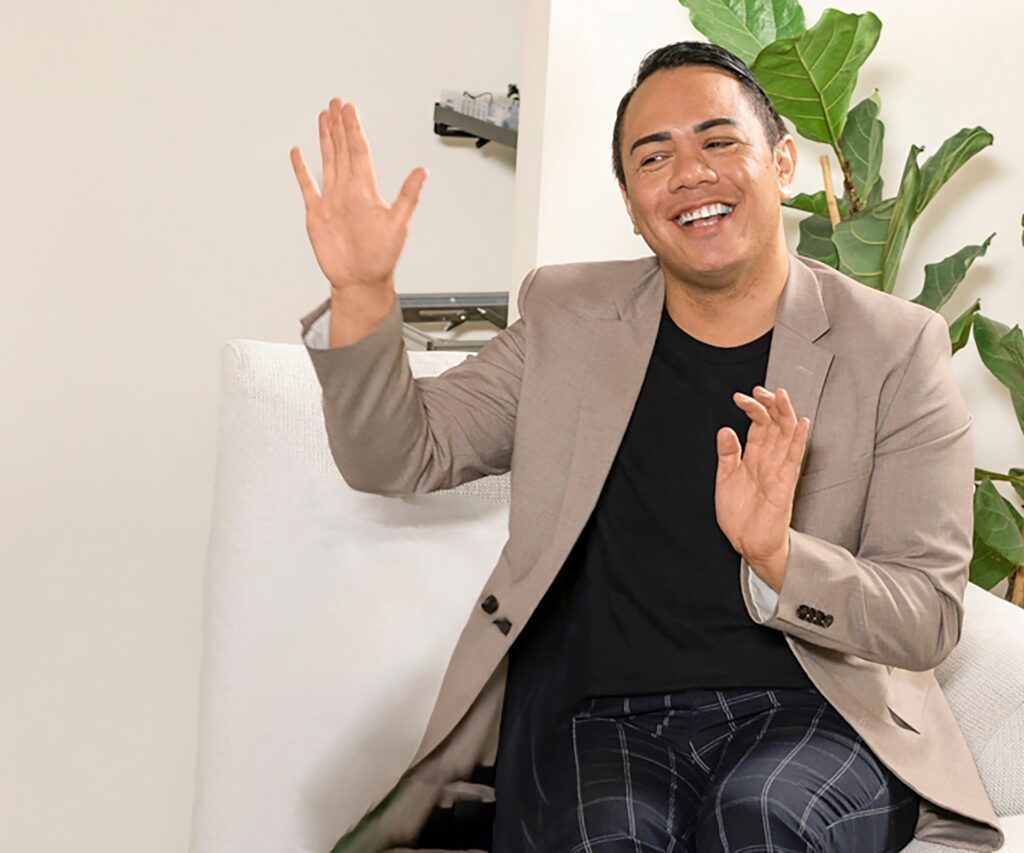
“It’s where I really connected with New Zealand Sign Language,” he enthuses. “As soon as I arrived, I knew I had found my home.”
When he was 27, Jon moved to Australia for five years. After initially basing himself in Sydney, he made his way to Brisbane and eventually Melbourne, where he worked with deaf youth.
It was in Australia that Jon realised he needed to get help.
“I didn’t feel like I was worthy as a person or that my life was worth anything, so I sought medical advice. I was eventually diagnosed with PTSD from the trauma of the abuse and feelings of abandonment. That had led to the anxiety and depression.”
While working through his issues, Jon says he learned a lot about the importance of appreciating the tough times.
“It took me 36 years to get to where I am now. I tried counselling, but it didn’t work for me, so I taught myself how to move on. It’s been a real journey learning how to love myself and others.”

Since returning to Aotearoa in 2019, Jon – who is of Tainui descent – has been particularly focused on encouraging the use of te reo as part of everyday sign language.
“The deaf community has developed signs for concepts such as marae and hāngī. It’s important that turi [deaf] Māori are able to see their culture reflected in NZSL.”
Jon is currently also going in to bat for the Pasifika deaf community. He admits hasn’t been previously served well by sign language.
“For a long time, deaf Pasifika people have been largely invisible. I’m working with that community to develop more culturally appropriate signs and to support interpreters who work with deaf Pasifika people.”
So passionate is Jon about “beautiful NZSL” that for the second year in a row, he’s the face of NZSL Week (6-12 May). He’s appearing in television adverts and encouraging hearing Kiwis to learn sign language.
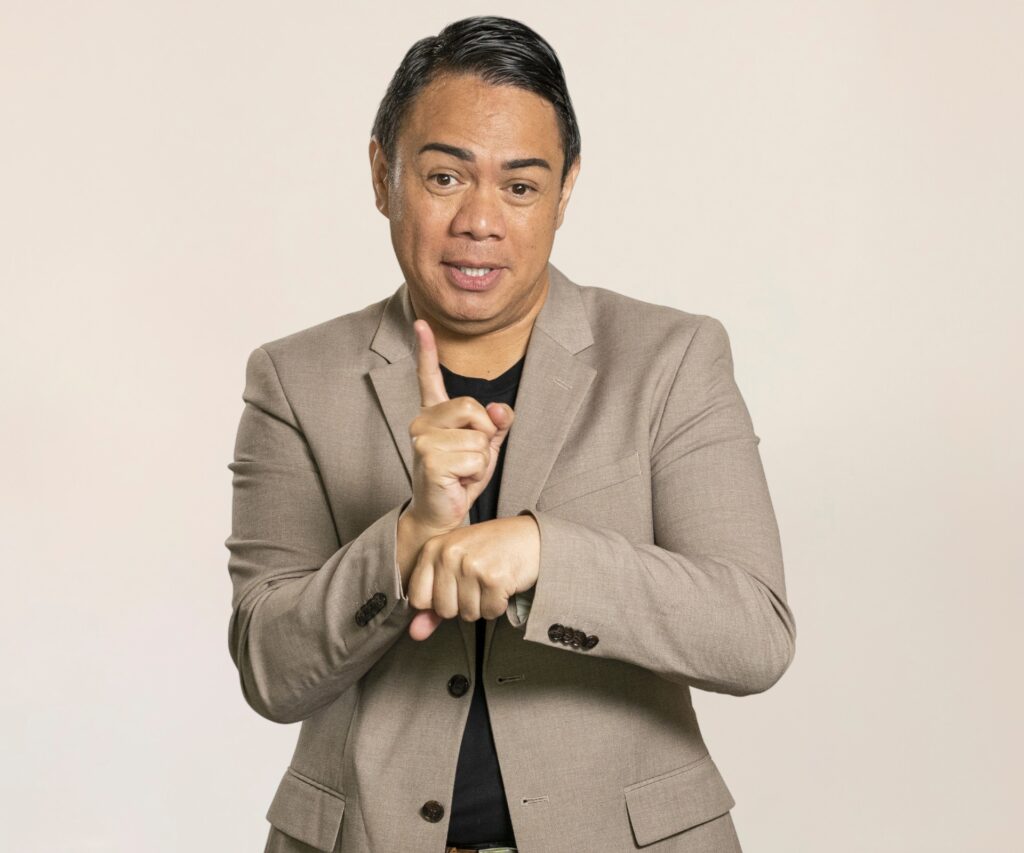
“I really want hearing New Zealanders to know that deaf people have many challenges in life, but they’re people with goals and dreams. They deserve to feel respected and included in society,” he asserts. “If everyone can embrace a little more NZSL in their lives and learn a few simple signs, it’ll make a big difference to moving towards greater inclusion.”
Jon admits that juggling part-time tutoring work while studying law has its challenges, but he’d eventually like to combine the two worlds.
“I always see myself working with deaf communities and NZSL, but I’d also like to be able to help the deaf community in other ways. I know what it’s like to be pushed to the sidelines and misunderstood. If I can help anyone avoid the same fate as me, then I’ll be happy.”
NSL Week runs from 6-12 May. For more information, head to nzslweek.org.nz.
If you’re struggling with your mental health, text or call 1737 at any time to speak to a trained counsellor for free.
For the Suicide Crisis Helpline, phone 0508 TAUTOKO.
For help with sexual harm, call 0800 044 334, text 4334 or visit safetotalk.nz.
In an emergency, dial 111.
